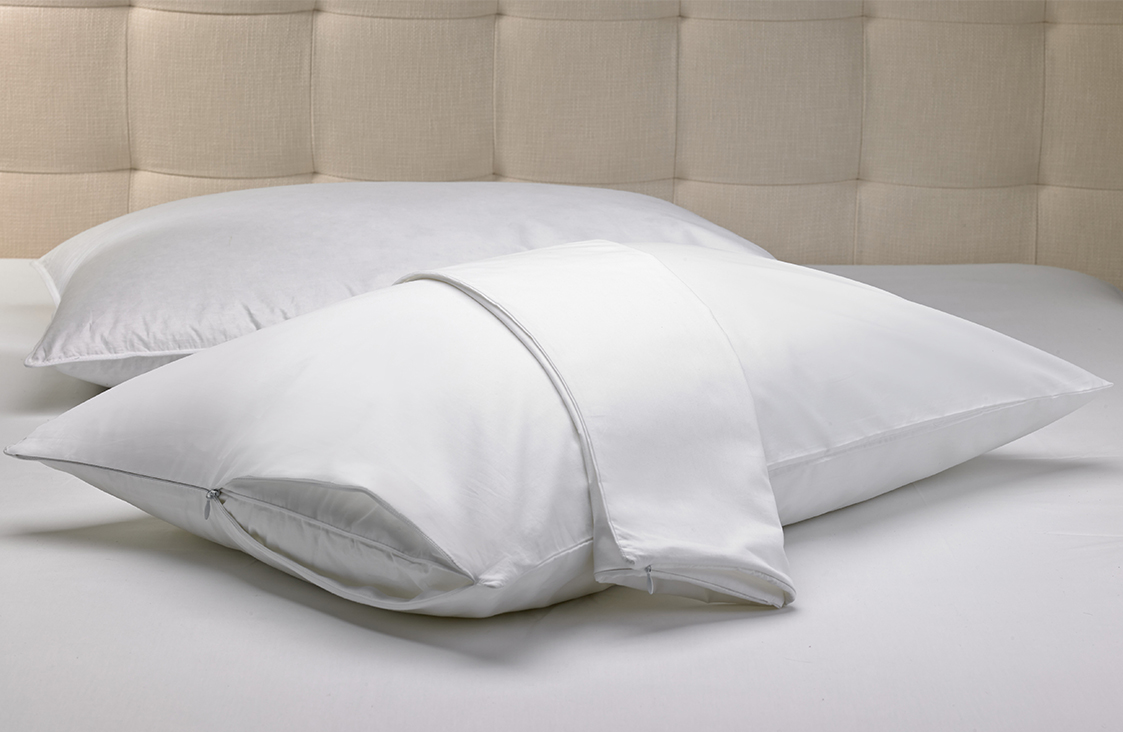
The Impact of Pillows on Sleep Quality
When it comes to achieving a restful night’s sleep, the importance of a good pillow cannot be overstated. Many people underestimate how crucial their choice of pillow is to their overall sleep quality. In this article, we will explore the various ways in which pillows can significantly affect your sleep, leading to a more refreshing and restorative experience.
1. Support and Alignment
One of the primary roles of a pillow is to provide support and maintain proper alignment for your head, neck, and spine. An inadequate pillow can cause misalignment, leading to discomfort and pain. For side sleepers, a firmer, thicker pillow is often necessary to keep the spine aligned, while back sleepers may benefit from a medium-firm pillow that cradles the head without tilting it too far forward. Stomach sleepers, on the other hand, typically require a softer, thinner pillow to avoid straining the neck. Choosing the right pillow for your sleeping position can make a significant difference in how well you sleep.
2. Comfort Levels
Comfort is subjective, and everyone has different preferences when it comes to the feel of their pillow. Some people prefer the plush softness of down pillows, while others may opt for the support of memory foam. A comfortable pillow can help you fall asleep faster and stay asleep longer. If you find your pillow uncomfortable, you may toss and turn throughout the night, disrupting your sleep cycle. Experimenting with different materials and pillow types can help you find the one that best suits your needs and enhances your overall comfort.
3. Temperature Regulation
Temperature can significantly impact sleep quality, and pillows can play a crucial role in temperature regulation. Some pillows are designed with cooling materials that wick away moisture and heat, helping to keep you comfortable throughout the night. Conversely, pillows made from materials that trap heat can lead to discomfort and disrupt your sleep. Choosing a pillow with temperature-regulating properties can help you maintain a comfortable sleeping environment and improve the overall quality of your rest.
4. Allergies and Hygiene
Another often-overlooked factor is the impact of pillow materials on allergies and hygiene. Pillows can harbor dust mites, mold, and allergens, which can affect your breathing and overall health during sleep. Opting for hypoallergenic pillows can help reduce allergic reactions and improve your sleep environment. Additionally, regular cleaning and replacing of pillows every 1-2 years can help maintain a healthy sleeping area, ensuring that you breathe easy throughout the night.
Conclusion
The right pillow is essential for a good night’s sleep. It provides the support and comfort needed to maintain proper alignment, regulate temperature, and create a hygienic sleep environment. Investing in a quality pillow tailored to your sleep style can dramatically improve your sleep quality, leaving you refreshed and ready to tackle the day ahead. So, take the time to evaluate your current pillow situation and make the necessary adjustments for a more restful and restorative night’s sleep.



